Masterson Fellows

Masterson Fellowship project abstract:
Hopkins’ Masterson Fellowship project focuses upon key “turning points” in Oklahoma history from 1916 to 1923. At the outset, the state might have been evolving into a multi-cultural and political state true to its history as a melting pot. Instead, crushing political and social repression during World War I, the encouragement of vigilante violence and an eventual economic depression created a “New Normal” in Oklahoma — one that still exists to this very day.

Masterson Fellowship project abstract:
Ramage's work explores the economic growth of the Cherokee Nation in the 1880s and 1890s, with the view that this was a time of growing prosperity rather than one of steady decline. He argues that because of this extended growth, the sale of the Cherokee Outlet and the denationalization of the Cherokee government was strongly connected to other imperialist impulses of the late 1890s.
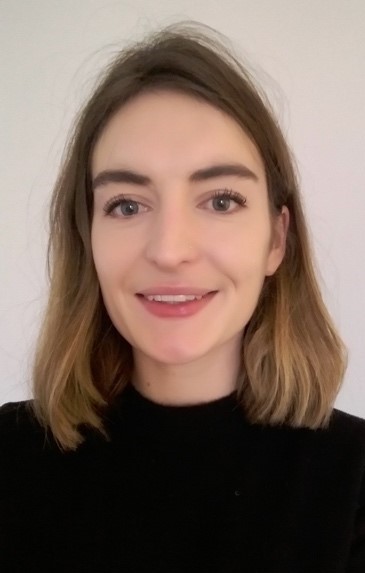
Masterson Fellowship project abstract:
Joscelyne’s Masterson Fellowship project focuses on Jeane Kirkpatrick’s foreign policy intellectualism and her service as the U.S. Ambassador to the United Nations (1981-1985). This project will illuminate the importance of Kirkpatrick as an understudied, but extremely influential, foreign policy intellectual. Three primary lines of inquiry include Kirkpatrick’s engagement with the rise of human rights, including social and economic rights; the problem of international terrorism; and the relationship between the United States and non-democratic states abroad.
Jack Haley Fellows
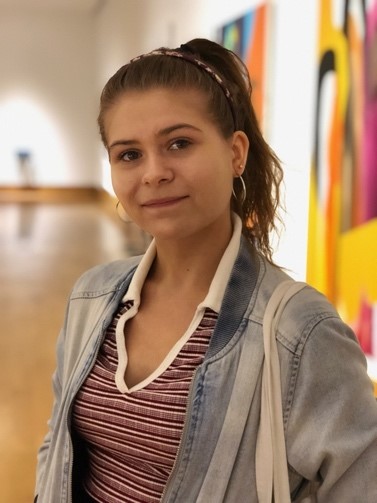
Haley Fellowship project abstract:
Beliveau's research project considers competing memories of the Land Run of 1889 and the late nineteenth century settlement of Oklahoma. Focusing on the intersecting memories of African Americans, Euro-Americans, and Native people, this project traces how commemorations of the Land Run of 1889 changed over the course of the twentieth century. The tangible practices of memory-making and the narratives of those memories reveal mnemonic battles over the place of the Land Run of 1889 in public memory. Ultimately, these competing memories illustrate diverging notions of land, identity, and belonging.
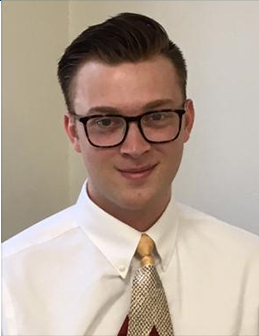
Sawyer Young is a second-year Ph.D. student in History at the University of Oklahoma. Part of his research focuses on the political rhetoric of Indigenous activists in the late nineteenth and early twentieth centuries. He received his M.A. in History from the University of Missouri in 2020, where his research focused on the language and rhetoric of the Society of American Indians.
Haley Fellowship project abstract:
Young’s research attempts to fully contextualize the writing of American Indians within a larger framework of Indian politics in the early decades of the twentieth century. He is primarily interested in understanding whether or not elite voices aligned with the goals and concerns of their Indigenous contemporaries in Indian Territory. Moreover, he is concerned with understanding how Indigenous authors in Indian Territory reacted to the monumental US federal policy shifts of the late nineteenth and early twentieth century.
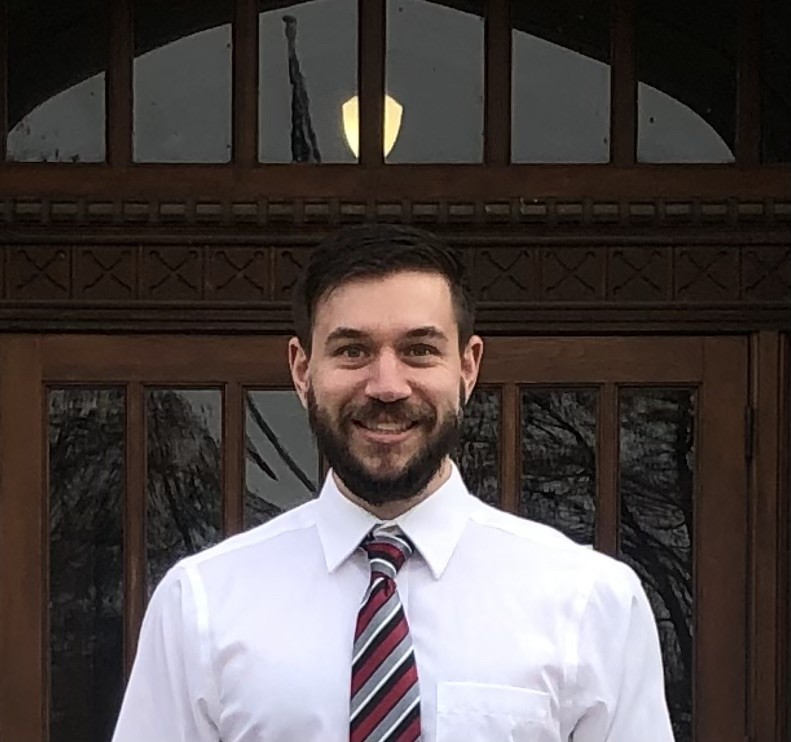
Bryce Jones is a first-year Ph.D. student and a Graduate Teaching Assistant in the Department of History at the University of Oklahoma. He received B.A.s in English and History from the Ohio State University and an M.St. in U.S. History from the University of Oxford. His research interests include 18th and 19th century Great Lakes Borderlands History, and he is beginning to explore settler colonialism in Ohio during the same period. Outside of university, he enjoys staying active through sports and is a huge Star Wars fan.
Haley Fellowship project abstract:
The aims of “Looking Home” center on understanding the ways Indigenous communities have viewed removal over time and how they have reacted to settler-colonial policies. The scope of Jones' project focuses on connections between Native communities, Ohio, and the Shawnee Nation in Oklahoma because of contemporary issues surrounding access to Indigenous earthworks in the state.
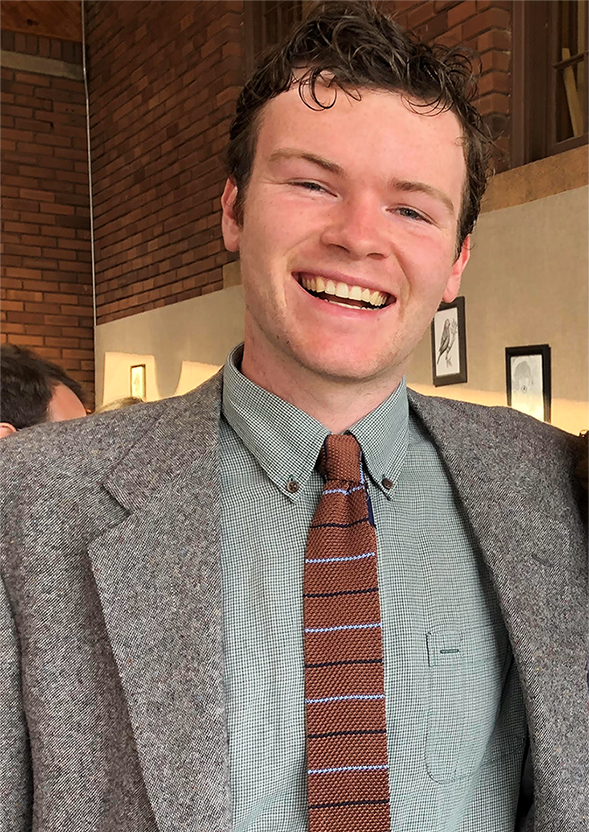
Brendan Thomas is a first-year Ph.D. student in the History department at OU. He received his BA from the College of William & Mary in 2018, and his M.A. from OU in 2021. Originally from Fayetteville, Arkansas, much of Thomas' research interest centers around the environmental and social history of the Ozark Mountains in Oklahoma and Arkansas, as well as the broader history of the American West in the nineteenth and twentieth centuries.
Haley Fellowship project abstract:
Thomas’ project examines the history of the “Indian New Deal” from a transnational perspective, through a detailed study of the life and career of Alice Lee Marriott. Marriott’s work for the Indian Arts and Crafts Board (IACB) in the 1940s, as well as her later experience as a public intellectual with a keen eye toward international affairs, provides a lens to examine both the international models that influenced the course of federal Indian policy during the New Deal era and the broader impact that Indian reform had on U.S. foreign policy in the 1940s and 1950s.
Dale Society Fellow
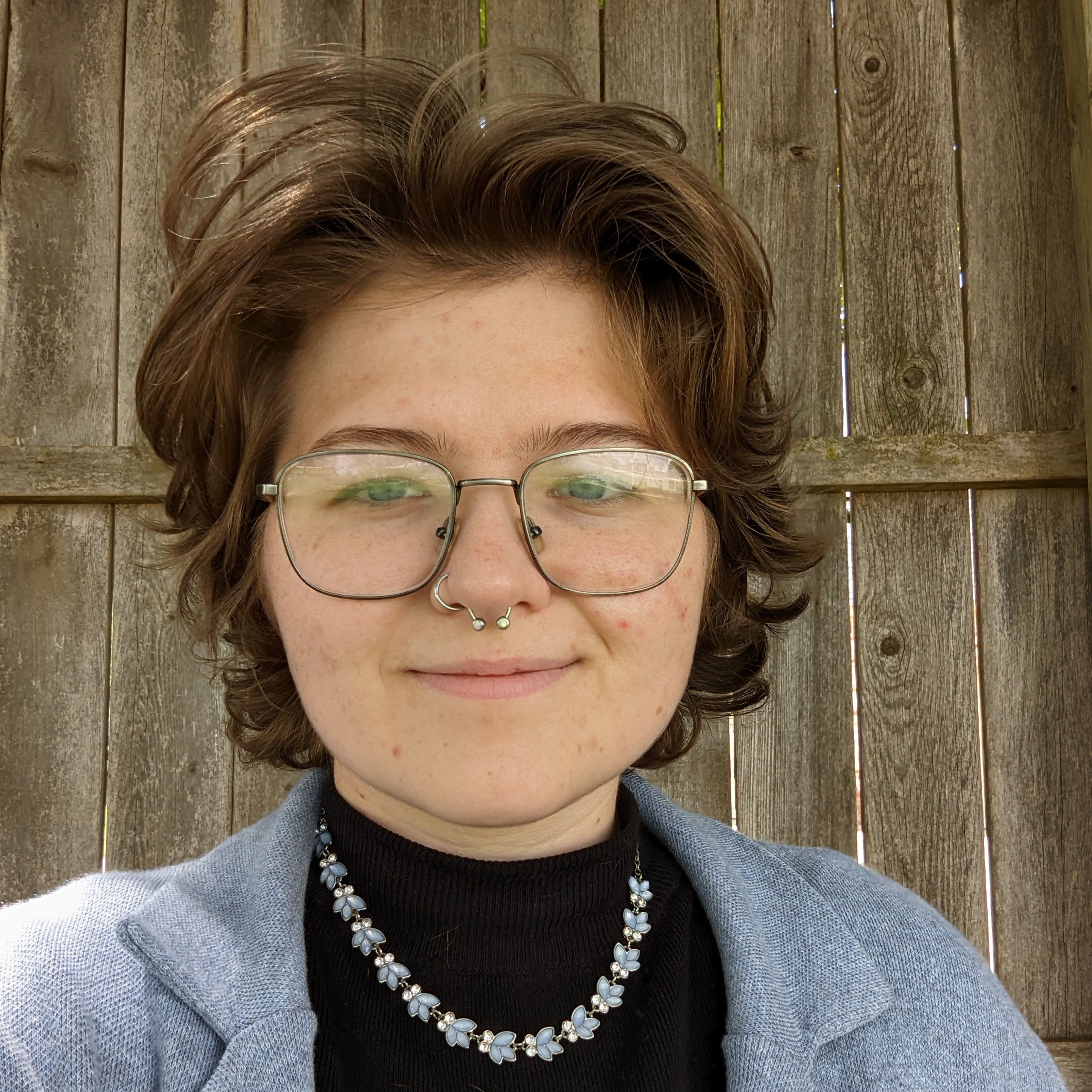
Dale Society Fellowship project abstract:
Slane’s project examines the relationships between oil extraction, geologic knowledge production, and extractive labor in 20th-century rural spaces, as well as the relationship of oil to settler colonialism and nationalism.